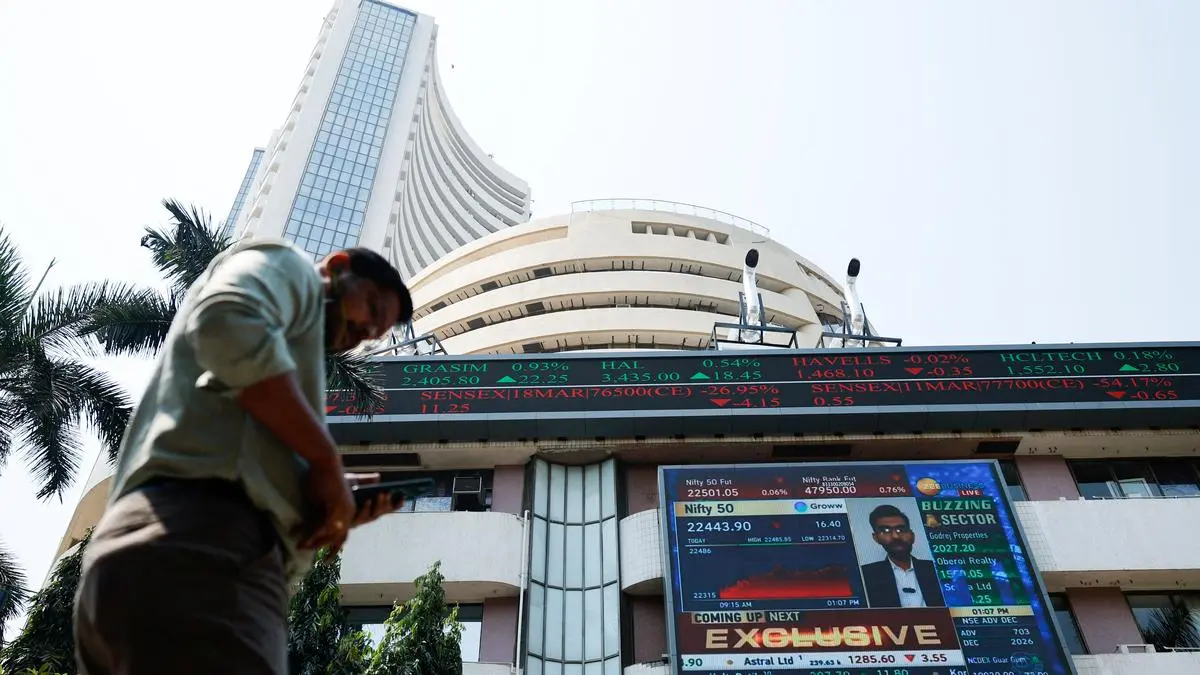In recent years, there has been a significant increase in the number of Non-Profit Organizations (NPOs) in India, with the aim of addressing various social, environmental, and humanitarian issues. These organizations play a crucial role in creating a positive impact on society and uplifting the lives of those in need. However, despite their noble intentions, many NPOs struggle to raise the necessary funds to support their initiatives.
In an effort to bridge this gap and provide a platform for NPOs to raise funds, the Securities and Exchange Board of India (SEBI) introduced the concept of Social Stock Exchanges (SSEs) in 2019. The SSEs are dedicated stock exchanges for NPOs, where they can list and raise funds from socially responsible investors. The idea behind SSEs is to encourage impact investing and promote a sustainable and inclusive capital market.
Since its inception, over 100 NPOs have registered with SSEs, showcasing the growing interest and potential of this platform. However, recent data has revealed that only 11 entities have been successful in raising funds through SSEs, amounting to a total of Rs ₹41 crore. While this may seem like a small number, it is a significant achievement considering the challenges faced by NPOs in raising funds.
One of the main reasons for the low number of successful fundraising cases is the stringent requirements set by SEBI for listing on SSEs. NPOs must meet certain criteria related to their track record, governance, and financial stability, which can be a barrier for smaller organizations. However, these requirements are necessary to ensure that only credible and trustworthy NPOs are listed on SSEs, giving confidence to investors.
Moreover, the concept of SSEs is relatively new, and it takes time for any new initiative to gain momentum. It is encouraging to see that despite the challenges, a significant number of NPOs have shown interest in SSEs and are taking steps to list themselves. This indicates a growing awareness and acceptance of impact investing among NPOs, which is essential for the success of SSEs.
It is also worth noting that the funds raised through SSEs are not limited to traditional donations or grants. NPOs can issue social impact bonds, which are financial instruments that offer a return to investors based on the social impact created by the organization. This opens up new avenues for NPOs to raise funds and attract socially responsible investors who are looking for more than just financial returns.
The success stories of the 11 NPOs that have raised funds through SSEs are a testament to the potential of this platform. These organizations have been able to expand their reach and impact, thanks to the funds raised through SSEs. For instance, one of the listed NPOs, which focuses on education for underprivileged children, has been able to set up additional schools and provide quality education to a larger number of children.
The impact of SSEs goes beyond just fundraising. It also provides NPOs with a platform to showcase their work and attract support from a wider audience. This can lead to collaborations and partnerships with other organizations, creating a more significant impact collectively.
The success of SSEs also reflects the changing mindset of investors who are now looking for opportunities to invest in organizations that align with their values and have a positive impact on society. This trend is expected to grow in the future, and SSEs can play a crucial role in connecting NPOs with such investors.
In conclusion, while the number of NPOs successfully raising funds through SSEs may seem low, it is a significant achievement considering the challenges faced by these organizations. The growing interest and potential of SSEs are a positive sign for the future, and with the right support and resources, we can expect more NPOs to leverage this platform for their fundraising needs. SSEs offer a win-win situation for both NPOs and investors, creating a more sustainable and inclusive capital market in the long run.








